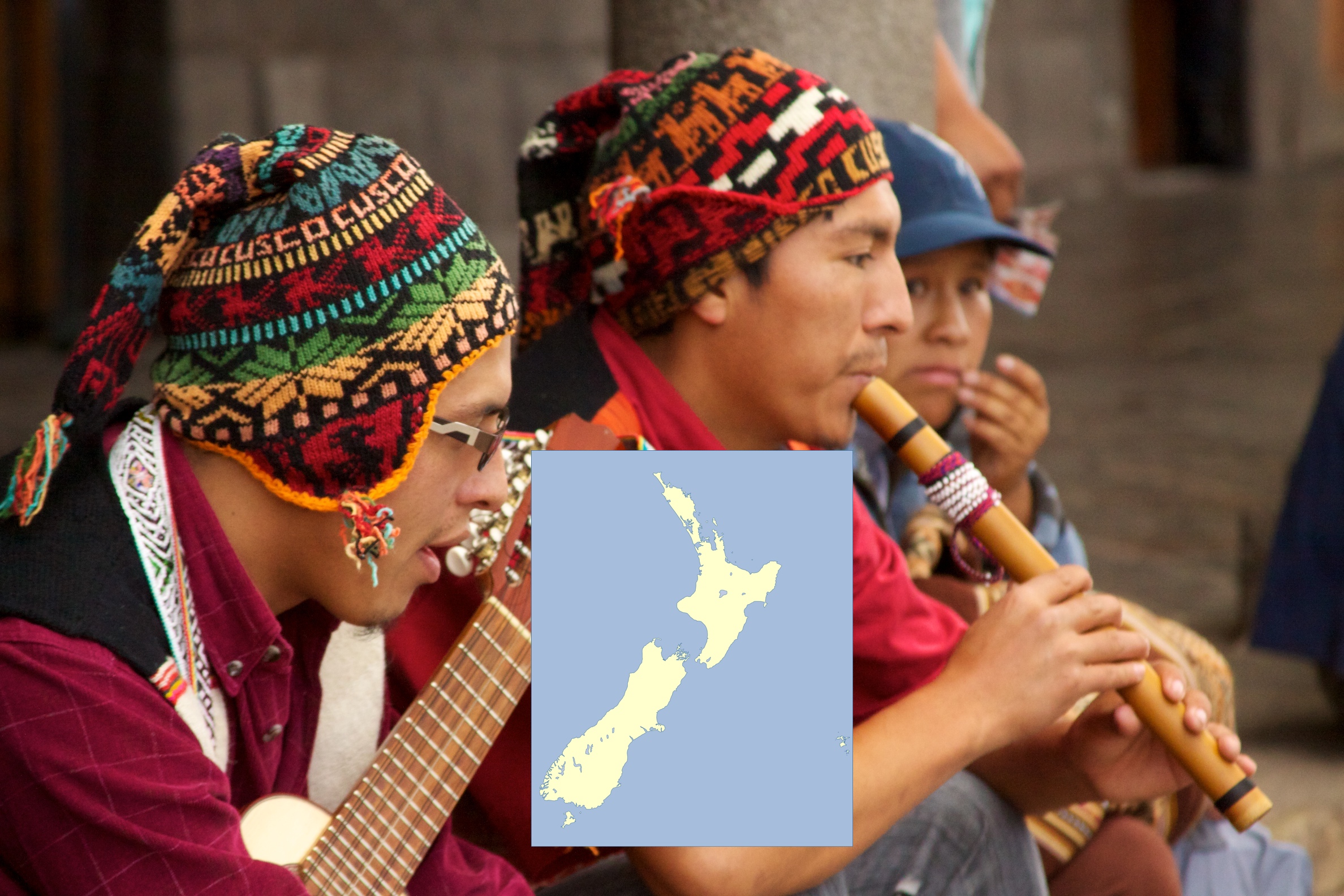JANUARY 30, 2022 – When people outside NZ think of that paradise, they consider flora, fauna, and geography. But of all the countries I’ve visited, none exudes the civility of NZ. This assessment overlooks historical injustices toward the Maori and the anomaly of the 2019 mosque attack, but NZ’s well-established, civilized reputation is otherwise fully warranted.
My sojourn, of course, has faded into a 41-year, rearview mirror. I know many Americans who’ve since traveled to NZ, yet for my entire month there, I didn’t encounter a single American; only Western Canadians (every other traveler, it seemed), and adventurers from Holland, Sweden, Germany, Switzerland, and the UK—invariably people who’d completed years of formal education and more of “real world” experience. In NZ I formed an immediate friendship with everyone I met, resident or outsider. I regret that the subsequent demands and distractions of life precluded continued contact with such extraordinary citizens of the world.
If I needed to make time, I’d take a bus—always in the confident hands of a cordial driver who doubled as a mail-deliverer by flinging a leather pouch out the window as we passed an isolated farm. If the bus served as a predictable “time machine,” it also worked as a socializing vehicle, though I’d be torn between jaw-dropping scenery and a rewarding conversation.
If time was less critical, I’d hitch-hike, and in this manner, I learned the graces of cordiality and curiosity as I’d never experienced them. And I noticed that you always waved at the occupants of an approaching vehicle.
One aspect of travel—presence in some far corner of the earth—is that by cartological awareness or unexplained sensory perception, the sojourner develops a sharpened geographical frame of reference. I experienced this often in my wanderings, but an especially memorable moment occurred in a cozy bar in Christchurch, NZ’s largest city on the South Island.
As a couple of my Canadian friends and I entered the comfortable establishment, we were greeted by a group of Andeans singing, playing their music full tilt. I’d always liked these earthy strains, which conveyed a hint of mystery, sometimes sadness, from the heights of South America. Yet, there in Christchurch, I considered that music out of place. I’d traveled far to see, feel, experience New Zealand, and if anything, I wanted to hear Maori music, not Andean.
I caught myself. Yes, I was in NZ. But where exactly was NZ? Linguistically and culturally, it seemed nearly attached to Australia—not accounting for the 1,000 miles of open sea that separate the two countries. And in the opposite direction? The wide sweep of the Pacific Ocean; an island group here and there but nothing to hold lasting footprints until you reach . . . South America and its vertical west coast.
Viewed from that direction, these Andeans in their traditional garb, playing their ancestral instruments, singing their familiar songs were none other than . . . the next-door neighbors. Suddenly, the world fit snugly within my newly expanded horizons.
(Remember to subscribe to this blog and receive notifications of new posts by email.)
© 2022 by Eric Nilsson
